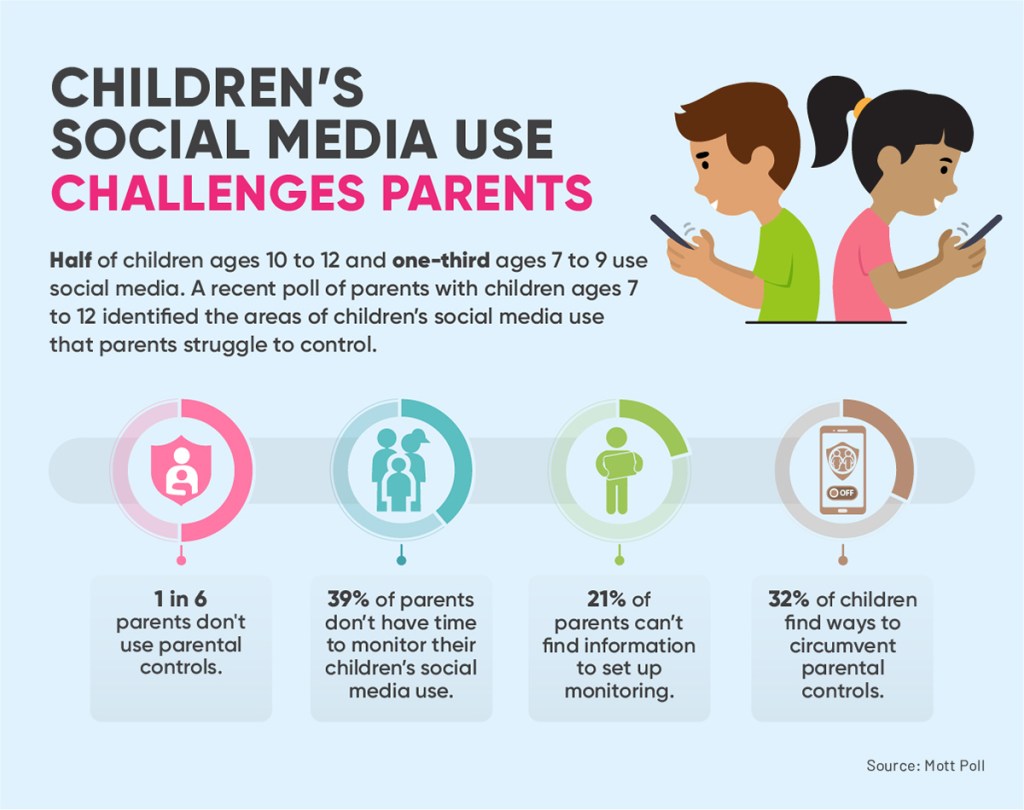Fathers significantly impact child development through involvement in upbringing, leading to better social, emotional, and academic outcomes. Engaged fathers contribute to children’s confidence and overall well-being.
Research also indicates that children with active fathers tend to be more successful in various aspects of their lives. This involvement can positively shape a child’s growth and development, emphasizing the importance of a father’s role in nurturing and supporting their children.
Fathers fulfill multiple essential roles, such as being a protector, provider, teacher, mentor, friend, emotional anchor, and celebrant in a child’s life, reflecting the diverse and meaningful contributions they offer. Understanding these unique contributions can enhance the bond between fathers and their children, resulting in positive developmental outcomes.
Table of Contents
ToggleKey Roles Of Fathers
Fathers play a pivotal role in a child’s development. They serve as the protector, ensuring the safety and security of their children. As providers, fathers offer the necessary resources and support for the family’s well-being. Additionally, fathers take on the role of a teacher, imparting valuable knowledge and life skills. They also act as mentors, guiding and shaping their children’s character. Furthermore, fathers serve as friends, fostering strong emotional bonds and providing companionship. They serve as the emotional anchor, offering stability and comfort. Lastly, fathers act as celebrants, sharing in their children’s achievements and milestones, creating lasting memories and strengthening the parent-child relationship.
:max_bytes(150000):strip_icc()/stay-at-home-mom-and-toddler-2873c7639855465aa61bd836acab530c.jpg)
Credit: www.parents.com
Direct Effects Of Father Involvement
Children with involved fathers tend to experience positive social, emotional, and cognitive outcomes. One direct effect of father involvement is improved behavioral and impulse control, as engaged fathers provide guidance and set boundaries for their children. This helps children develop self-discipline and make better decisions. Another direct effect is increased awareness and generosity. Fathers who are actively involved in their child’s life teach them empathy, kindness, and the importance of helping others.
Unique Contributions Of Fathers
Fathers play a crucial role in child development, impacting their social, emotional, and academic growth. Research shows that involved fathers contribute to children’s confidence and overall well-being. Through their roles as protectors, providers, teachers, mentors, friends, emotional anchors, and celebrants, fathers make unique contributions that shape their children’s development.
| Fathers play a crucial role in child development, impacting social, emotional, and cognitive outcomes. Kids with involved fathers exhibit longer attention spans and enhanced sociability. Research shows children benefit from fathers who are actively engaged in their upbringing, leading to better confidence and academic success. |

Credit: www.crossrivertherapy.com
Research Findings
Fathers play a significant role in child development, positively impacting their social, emotional, and academic well-being. Research shows that children with involved dads tend to be more confident and perform better in various domains. From being protectors and providers to mentors and emotional anchors, fathers embody multiple important roles in their children’s lives.
| Research Findings |
| Studies show a strong correlation between father involvement and child development outcomes. |
| Influence on Confidence: Fathers who are actively engaged in their children’s lives contribute to building their confidence. |
| Self-Control: Children with involved fathers tend to exhibit better self-control and emotional regulation. |
Practical Implications
Research has shown that fathers have a significant impact on their child’s development. Fathers who are involved in their children’s upbringing can contribute to better social, emotional, and academic outcomes. Engaging with the child, talking, reading, and singing to them can boost their confidence and overall development. In addition, fathers play multiple important roles such as being a protector, provider, teacher, mentor, friend, emotional anchor, and celebrant. It is essential to recognize and support the unique contributions of fathers to their children’s development. Parenting strategies should focus on encouraging and enabling fathers to be actively involved in their children’s lives, as their influence can have a lasting and positive impact on the child’s overall well-being.

Credit: online.maryville.edu
Challenges Of Father Involvement
Fathers play a crucial role in child development, despite societal misconceptions and challenges such as work-life balance. Research shows that children with involved fathers tend to have better social, emotional, and academic outcomes. Fathers contribute to their children’s development by fulfilling roles as protectors, providers, teachers, mentors, friends, emotional anchors, and celebrants. Their involvement has direct effects on children’s development, leading to increased confidence and improved well-being. Understanding and supporting father involvement is essential for promoting positive child development.
Frequently Asked Questions On Ways Father Impact Child Development
How Do Fathers Influence Children’s Development?
Fathers’ involvement in child development impacts social, emotional, and academic success positively. Engaged fathers lead to confident kids. Interact with your child through talking, reading, and singing. Fathers play key roles as protectors, providers, teachers, mentors, friends, emotional anchors, and celebrants, fostering child well-being.
What Are The 7 Roles Of A Father?
Fathers play 7 important roles in a child’s life: Protector, Provider, Teacher, Mentor, Friend, Emotional Anchor, and Celebrant. Their involvement positively impacts a child’s social, emotional, and cognitive development. A father’s presence leads to better behavior, longer attention spans, and enhanced social skills in children.
What Are The Direct Effects Of A Father’s Involvement In Child Development?
Father’s involvement in child development has numerous positive effects, including improved social, emotional, and academic development. Children tend to be more confident and have fewer behavioral problems with active father involvement. Additionally, fathers contribute as protectors, providers, teachers, mentors, and emotional anchors, supporting holistic child development.
What Are The Unique Contributions Of Fathers To Their Children’s Development?
Fathers contribute to their children’s development by providing positive social, emotional, and cognitive outcomes. They play important roles as protectors, providers, teachers, mentors, friends, emotional anchors, and celebrants. Research shows that children with involved fathers tend to have fewer behavioral and impulse control issues.
Fathers’ involvement also boosts children’s confidence and academic success.
Conclusion
Fathers play a crucial role in shaping children’s social, emotional, and academic development. Research highlights the positive impact of involved fathers on kids’ confidence and overall success. Through various roles like protector, provider, and mentor, fathers significantly contribute to their children’s well-being and future prospects.
Embracing father involvement can lead to positive outcomes across multiple domains of a child’s life, reinforcing the importance of active paternal engagement.

Mother of Two children. I’m a former teacher with a background in child development and a passion for Good parenting. I understand child development and know how to develop activities to help children learn and grow. Spare time, I enjoy spending time with my family, reading, and volunteering in my community. Read More







